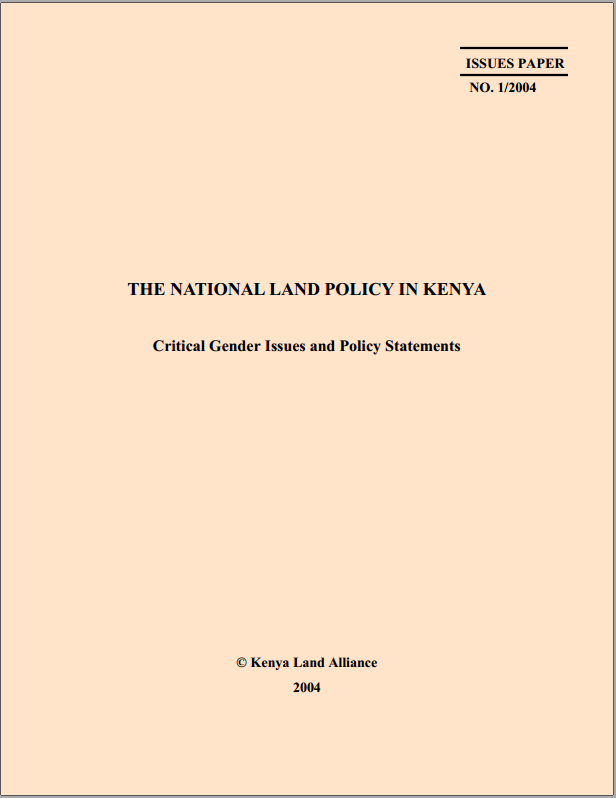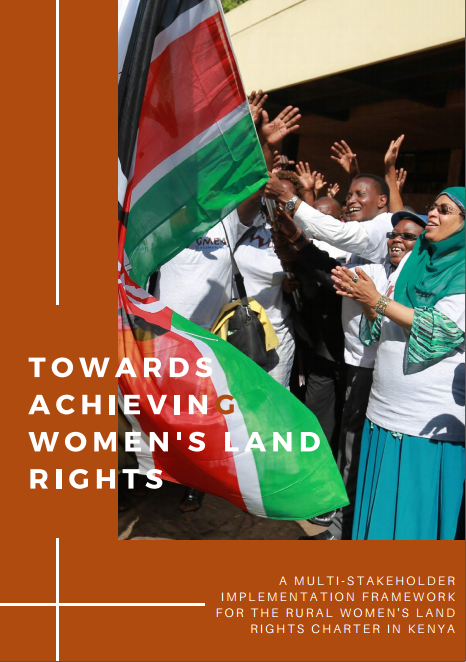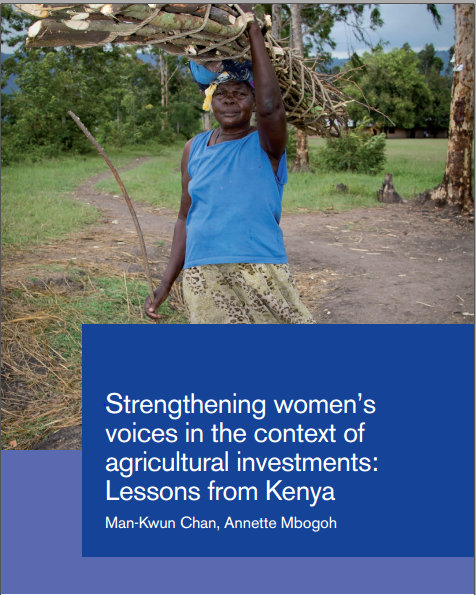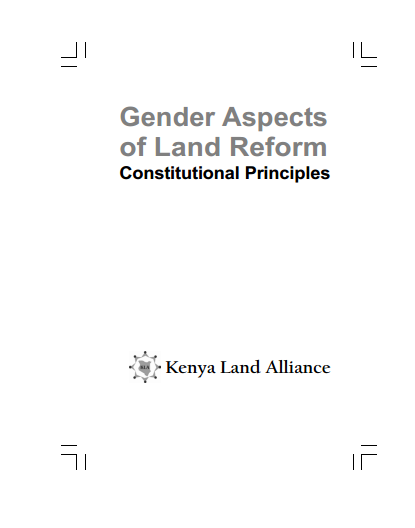WOMEN TO KILIMANJARO: STAND UP FOR WOMEN LAND RIGHTS
The Kilimanjaro Initiative is a rural women’s mobilisation from across Africa towards an iconic moment at the foot of Mt Kilimanjaro in October 2016. The Kilimanjaro Initiative was conceived by the Rural Women during a meeting of rural women and civil society organisations in 2012, held in Dar es Salaam, Tanzania. This initiative aims to create space for us as rural women to be able to participate in decision making processes about land and natural resources.








